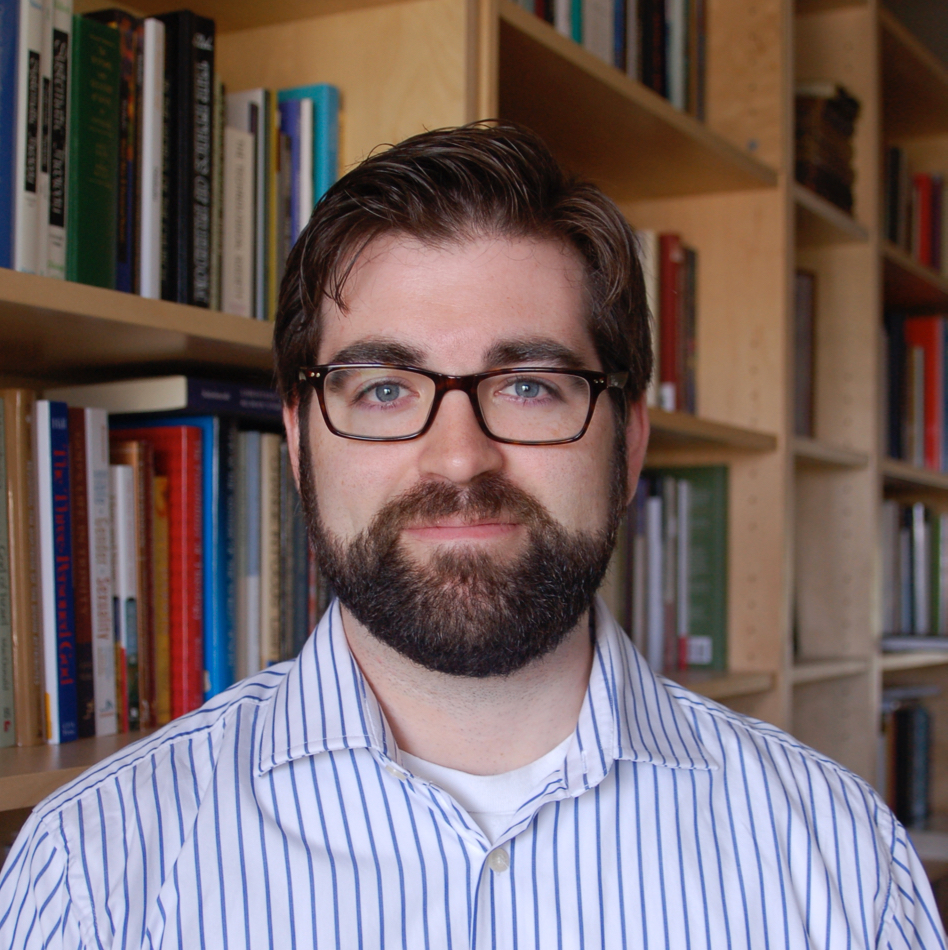This article is part of a series on the purpose and parts of the Mass which aims to help readers improve their devotional engagement. In the prior three posts in the series, Dr. Merrick discusses recovering a love for the Eucharist, the way Catholics worship, and the purpose of song in the Mass. Here he focuses on the seriousness inherent in invoking God’s name.
The goal of the first part of the Mass, called the Preparation, is to rouse and rally our hearts and minds to the things of God. We must actively put aside those lesser things that would distract us from worship. This is hard to do if we are not practicing this discipline during daily prayer. For, every time we pray, thoughts and feelings flood our mind and threaten to set us adrift from God, because God is hard to contemplate and also because the evil one wishes to obstruct us. The more we work on concentrating upon God’s goodness and staying the distractions during the week, the better we will be at the Preparation.
Do Not Take the Lord’s Name in Vain
After the priest arrives at and reverences the altar, he commences Mass by invoking the name of God while we make the Sign of the Cross. The priest is not only identifying the God to whom we offer our worship. He is also issuing a warning of sorts.
Throughout the Scriptures, God acts to defend and glorify his name. For example, the Psalmist tells us that God saved the Israelites for the sake of his name:
Our fathers, when they were in Egypt,
Psalm 106:7-8
did not consider thy wonderful works;
they did not remember the abundance of thy steadfast love,
but rebelled against the Most High
at the Red Sea.
Yet he saved them for his name’s sake,
that he might make known his mighty power.
Consider also Isaiah 48:9-11, which reveals that God’s name is behind both God’s mercy toward and his discipline of his people:
For my name’s sake I defer my anger,
for the sake of my praise I restrain it for you,
that I may not cut you off.
Behold, I have refined you, but not like silver;
I have tried you in the furnace of affliction.
For my own sake, for my own sake, I do it,
for why should my name be profaned?
My glory I will not give to another.
Over and over again (Exodus 14:4, 18; 1 Samuel 12:20-22; 2 Samuel 7:23; 2 Kings 19:34; Ezekiel 20:14; 36:22-23; Romans 9:17), God acts to ensure that his name is not profaned. And it is clear that when his people do misuse his name, he will test and purify them.
Fearful Love for His Name
God expects his people to show the same zeal and care for his name. The second commandment is:
“Thou shalt not take the Lord’s name in vain.”
Every time we pray the “Our Father,” the first petition we make is “Hallowed be Thy Name.” When we hear the name of God invoked at the beginning of Mass, we need to consider the risk of violating the name of God. Are we there for our name’s sake—to feel good about ourselves, to curry favors from the Lord, or are we there to hallow the name of the Lord?
We began this series suggesting that one of the reasons why more people disbelieve in the Eucharist today is because God’s love has been trivialized in our time. We have reduced God’s love and mercy to mere acceptance and affirmation of a nice yet insecure humanity. This has promoted a lackadaisical attitude toward our participation in the Mass, which is the very opposite of what Vatican II intended. If we are to recover our recognition of Christ’s Eucharistic presence and “actually participate” in the Mass, as Vatican II called for, then we first need to recover a fearful love for the holiness of God’s name and how it is not to be trifled with.
Lord, Have Mercy
After the priest prays, he leads us in the Penitential Act, either the Confiteor (“I confess … ”) with the Kyrie Eleison (“Lord, have mercy … ”) or the Kyrie Eleison alone. Why do we do this? By putting into our mouths the words of those who have been in the presence of God, the Mass puts us in their shoes, it allows us to walk with them and enter into what it really means to encounter the Lord. The confession of sin and the cry, “Lord, have mercy!” are what biblical people utter when confronted with the presence of God.
Isaiah, who saw the worship of God in heaven, immediately said:
“Woe to me! For I am a man of unclean lips … ”
(Isaiah 6:5)
When people encounter Jesus, they regularly cry out for mercy (Matthew 9:27; 15:22; 17:15; 20:30-31). Jesus once told a parable about two people praying in the Temple, one was a sinner who cried out “Have mercy on me, a sinner!” and the other was a religious leader who said “Thank God I am not like that sinner.” Jesus said it was the sinner who was in the right, not the self-righteous religious leader who did not see his need for mercy (Luke 18:9-14). When St. Peter first recognized the identity of Christ as the Lord, he said “Depart from me, Lord, for I am a sinful man” (Luke 5:8).
Following a Biblical Pattern
Throughout the Scriptures, holy people are not those who think they’re pretty good and find themselves quite comfortable with the idea of God. Rather they are those who recognize their deep need for mercy and fear the Lord. This is one of the major things that distinguishes true from false faith. Someone who has false faith is someone who doesn’t see the need for God’s forgiveness and ignores or downplays their faults. The one who has true faith, however, seeks God’s mercy and are pained by their sin.
We usually think that if only we could see God, then we could believe more easily. But maybe the fact that we can’t see him is a mercy. Maybe being in God’s presence would be devastating and painful because of how unworthy we are. So, in the Penitential Act we are following this biblical pattern of recognizing our need for mercy when we are in God’s presence. It’s a gut check moment, a time for us to be honest about who we are and how often we neglect the love of God. It will be hard to actually participate in the Mass if we aren’t conscious of what a great privilege it is, of how much we don’t deserve to be in God’s presence. In the Penitential Act we let the light of God shine on those dark areas of our lives, and, rather than cover them or excuse them, we cry out for mercy.
Gloria in Excelsis Deo
Take heart because as important as sorrow over sin is, it should be momentary. We cannot linger or dwell there. Because there is salvation, there is forgiveness, there is mercy! In the Penitential Act, we are remorseful, sorrowful, penitent. But as we sing the hymn that begins “Glory to God in the highest and peace to people of good will … ”, we must turn from sorrow to joy. For this hymn is the answer to our cry for mercy. It celebrates the One who was sent by the Father to “take away the sins of the world.” It is the hymn the angels sang to the shepherds to celebrate the birth of Jesus.
As much as the Mass calls us to recognize our unworthiness, it will not let us despair and wallow in grief, self-loathing, or despair. The Gloria heartens us, cheers us on. It emboldens us to move forward by reminding us of God’s mercy. While the light of God’s presence does expose our darkness, here once more the Mass is not about us, but about God. And the God we worship has had mercy upon us in Christ. He takes away our sin and the sins of the world. Our sin does not define us in the presence of God; God’s mercy does. We cannot let our sin bog us down or sink us in the presence of God. Quite simply, we wouldn’t be worshipping God appropriately if we let our sin have the last word, if we let our sorrow stifle our joy. We worship God not just in fear of his majesty but also grateful praise for his mercy.
You May Also Like:
Toward Recovering a Love for the Eucharist
Is the Way Catholics Worship Weird or Wonderful?
Sing for the Love of God (Insights from St. Augustine)
About Dr. James Merrick

Dr. James R. A. Merrick is lecturer at Franciscan University of Steubenville, reviews editor for Nova et Vetera, and a theology and Latin teacher at St. Joseph’s Catholic Academy in Boalsburg, Pennsylvania. Dr. Merrick is also on the faculty for the Diocese of Altoona-Johnstown’s Lay Ecclesial and Diaconal Formation program. Previously he was scholar-in-residence at the St. Paul Center for Biblical Theology. Before entering the Church with his wife and children, he was an Anglican priest and college theology professor in the United States and in the United Kingdom. Follow Dr. Merrick on Twitter: @JamesRAMerrick.
Featured image from Wikimedia Commons






0 Comments